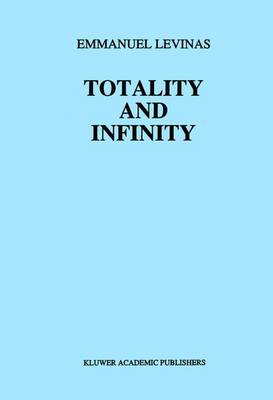Ever since the beginning of the modern phenomenological movement disciplined attention has been paid to various patterns of human experi- ence as they are actually lived through in the concrete. This has brought forth many attempts to tind a general philosophical position which can do justice to these experiences without reduction or distQrtion. In France, the best known of these recent attempts have been made by Sartre in his Being and Nothingness and by Merleau-Ponty in his Phenomenol- ogy of Perception and certain later fragments. Sartre has a keen sense for life as it is lived, and his work is marked by many penetrating descrip- tions. But his dualistic ontology of the en-soi versus the pour-soi has seemed over-simple and inadequate to many critics, and has been seriously qualitied by the author himself in his latest Marxist work, The Critique of Dialetical Reason. Merleau-Ponty's major work is a lasting contri- but ion to the phenomenology of the pre-objective world of perception. But asi de from a few brief hints and sketches, he was unable, before his unfortunate death in 1961, to work out carefully his ultimate philosophi- cal point of view.
This leaves us then with the German philosopher, Heidegger, as the only contemporary thinker who has formulated a total ontology which claims to do justice to the stable results of phenomenology and to the liv- ing existential thought of our time.
- ISBN13 9789024722884
- Publish Date 29 February 1980 (first published 31 December 1969)
- Publish Status Active
- Publish Country NL
- Publisher Springer
- Imprint Kluwer Academic Publishers
- Edition 4th ed. 1991
- Format Hardcover
- Pages 297
- Language English
